We’re excited to introduce you to the always interesting and insightful Jack Dauncey. We hope you’ll enjoy our conversation with Jack below.
Jack, thanks for joining us, excited to have you contributing your stories and insights. Are you happy as a creative professional? Do you sometimes wonder what it would be like to work for someone else?
This sounds a little pretentious but I sometimes envy people who are unburdened by the urge to create. Everyone’s time can be bisected into a work life and a personal life, and if you don’t hate your job and have friends and family that love you, you’re pretty much set. But people who are hungry to write, paint, act and sing also have creative lives: a third category which eats into the other two, and makes things a whole lot more difficult. I think of all the time I could’ve spent brushing up on Spanish, traveling abroad, and meeting new people if I wasn’t so damn interested in making cartoons.
As an animator I’m bound to one of the most time consuming mediums out there. I’ve been working on a two minute short film for the last three years, and a particularly complicated nine seconds of that took me three months alone to complete. Finishing a film is always exhilarating but an hour after it’s been exported and published, the thrill has subsided and I’m thinking about what to do next. That hour of exhilaration isn’t strong enough to push me through the years required to make my ideas visible, so I try to enjoy what I’ve spent a decade of my life actually doing: sitting in a chair and drawing. I can ignore the tedium and surrender to the act of sketching the same character over and over and over again. It’s a lot of work, but my soul craves this stuff and I’ve got to honor that. Or at least that’s what I tell myself, I’m probably just insane!
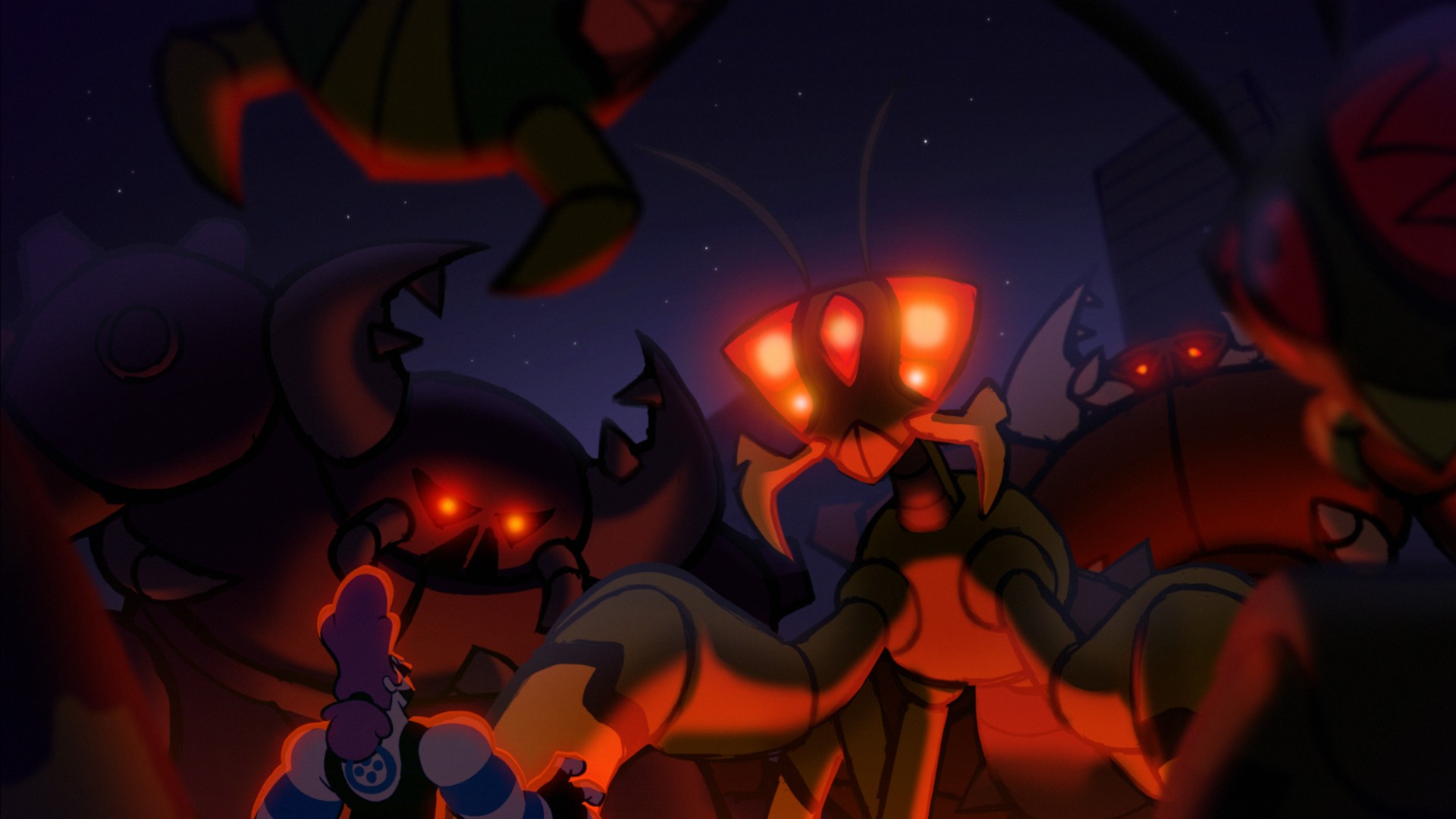
Jack, before we move on to more of these sorts of questions, can you take some time to bring our readers up to speed on you and what you do?
I am an independent 2D animator and I’ve been making short films online since I was 14. I grew up in the early 2000s watching whatever was on Cartoon Network and Nickelodeon, and I loved how each show had a unique art style. I paid close attention to how characters were drawn, what their eyes looked like, and how squiggly or sharp their outlines were. I would go on Wikipedia deep dives, learning about the series’ creators and scouring the internet for concept drawings, storyboards and behind the scenes content.
I’m most proud of the fact that I’m making my ideas real, and not waiting for someone else to make them real for me. Every animator has an idea they want to turn into a series, but there’s this limiting notion that your show is only “real” if a major TV network has bought and produced it. I’m working on a short film called Billy Onslaught which is about a wrestler commanding the power of a trillion suns to fight off alien praying mantises who are attacking a desert city (all while copyrighted extreme metal music blasts in the background). That’s a pretty ridiculous idea to sell to someone, and I’d probably be waiting a very long time before a network would even think about greenlighting it. So I’m making it myself, and there’s been a huge explosion of online cartoonists who are doing the same thing with their own ridiculous ideas. All of my favorite artists are people who have taken the reigns and made whatever crazy thing they wanted to, and I do my best to follow in their footsteps.
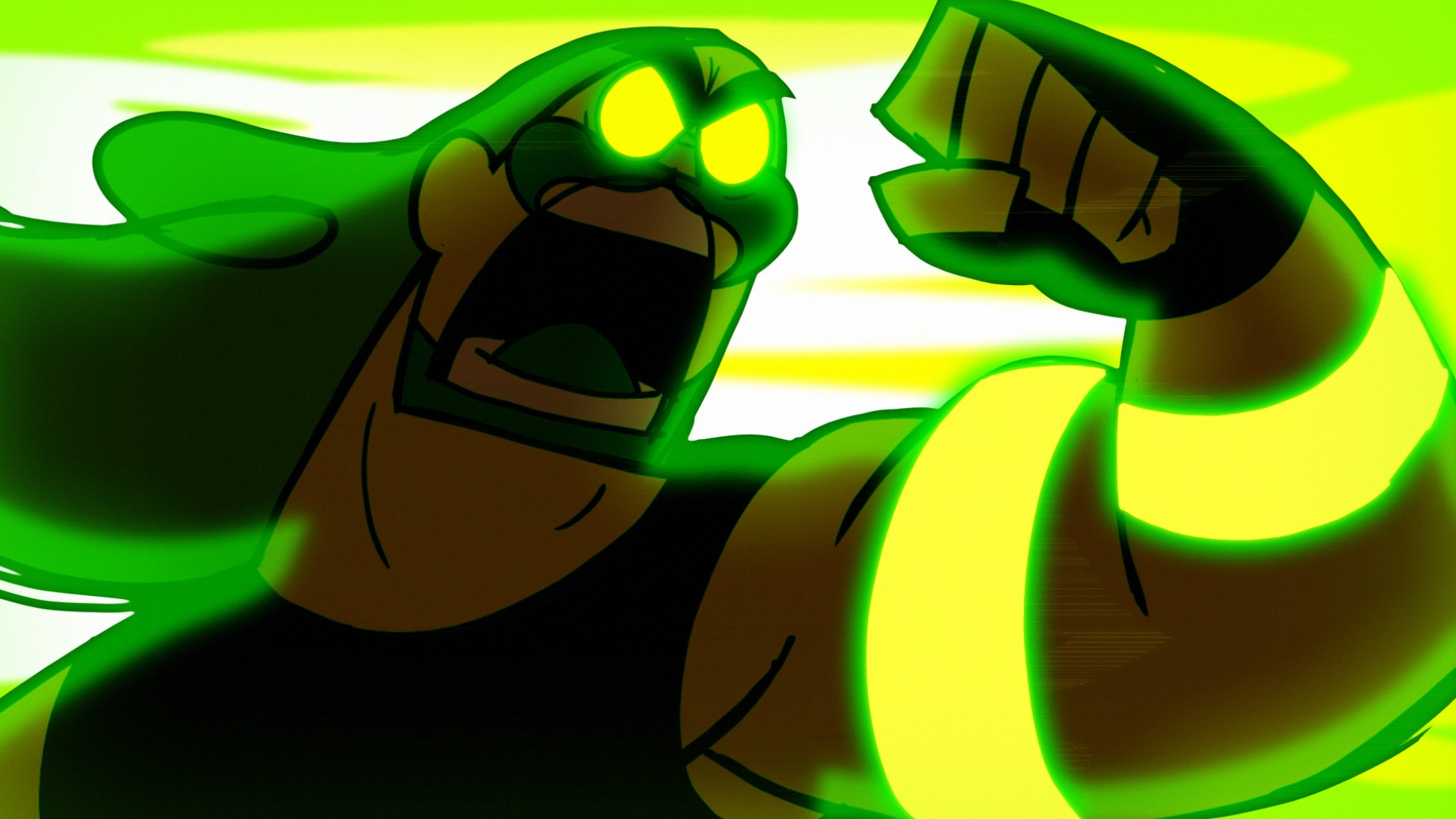
Learning and unlearning are both critical parts of growth – can you share a story of a time when you had to unlearn a lesson?
The most significant thing I had to unlearn was attaching my work to my self-esteem. In early college I was quite naive, and I used to think I would magically get good at drawing when I turned 30, because all my favorite animators at the time were in their 30s. Thankfully this delusion was shattered after I found one of my favorite artists, Mabel Ye, who rivaled industry professionals’ despite being just a year older than me. I took a cold shower in the dark, and realized the skills I wanted weren’t going to fall into my lap. From that point onward, every mistake I made was a reminder that I wasn’t where I wanted to be. But because I was a beginner, I made lots of mistakes and drawing became a painful activity. I avoided sitting down to practice which made me feel worse, and I felt myself falling out of love with art entirely. I realized that if I truly wanted to improve I had to create a sustainable way to practice, which meant being kinder to myself. Years later I continue to practice self-compassion in this way, and I genuinely care more about bettering myself than being better than my idols.
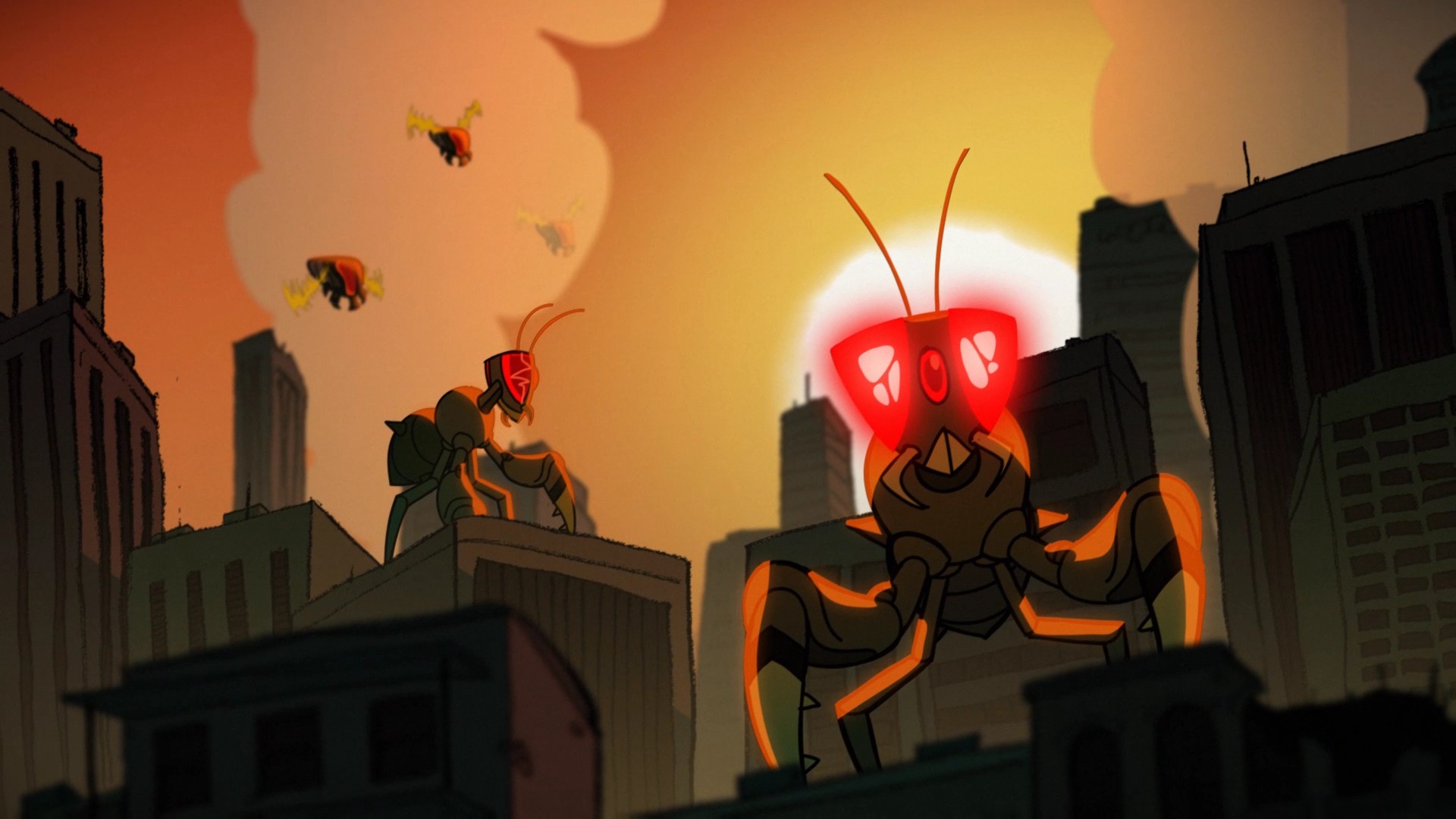
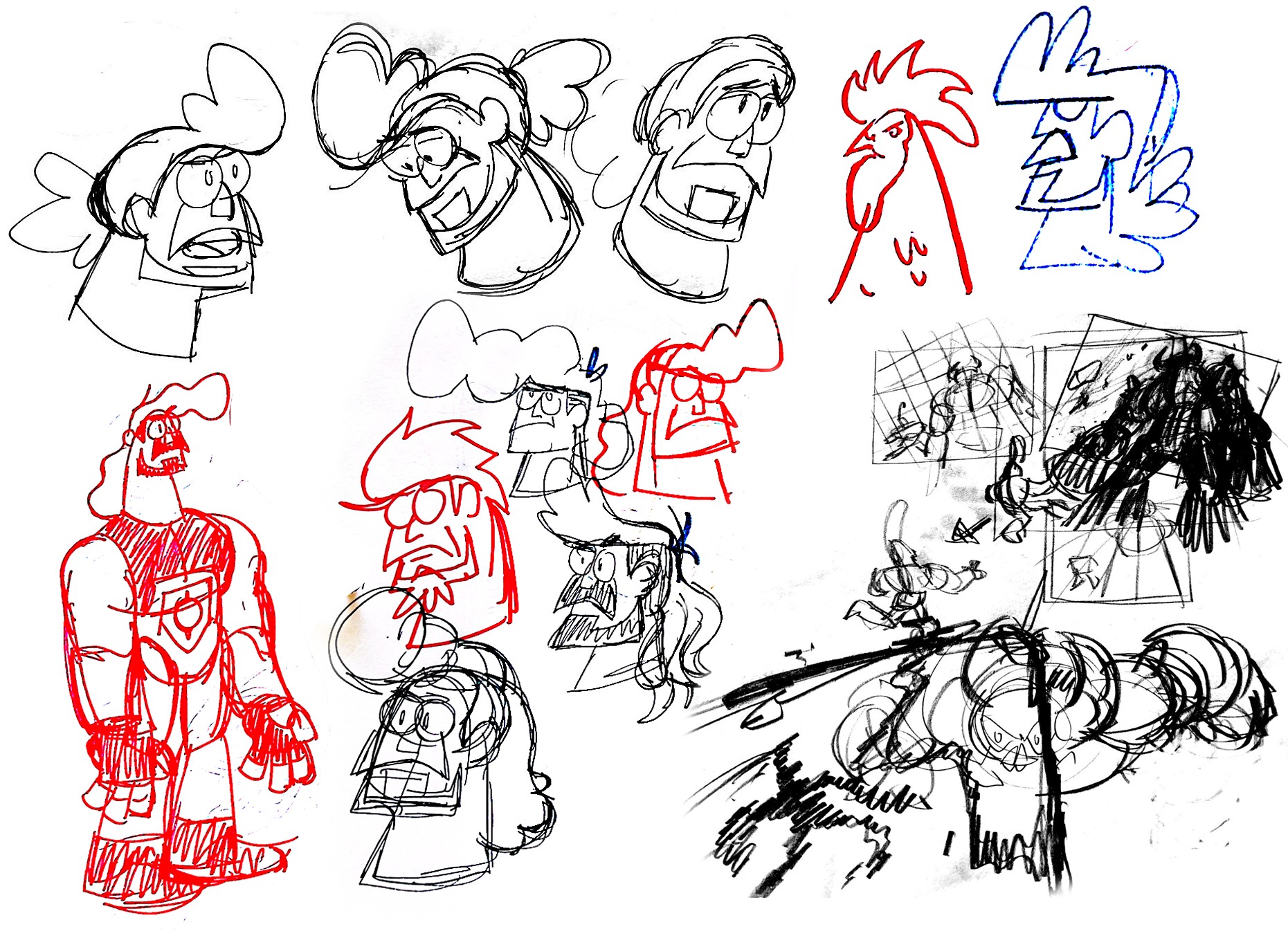
For you, what’s the most rewarding aspect of being a creative?
I get a lot of satisfaction from looking back at my past mistakes. I finished my first animated short film when I was 16, and I’ve learned a lot since then: objects have depth, that’s not what hands look like, brown and maroon don’t look great together, etc. It’s hard not to be a little embarrassed by my old work but after each project I get a tiny bit better, and my old cartoons are a reminder of that. I love finishing something and knowing exactly what I would do differently in the future, and that enthusiasm propels me to start whatever the next thing is.
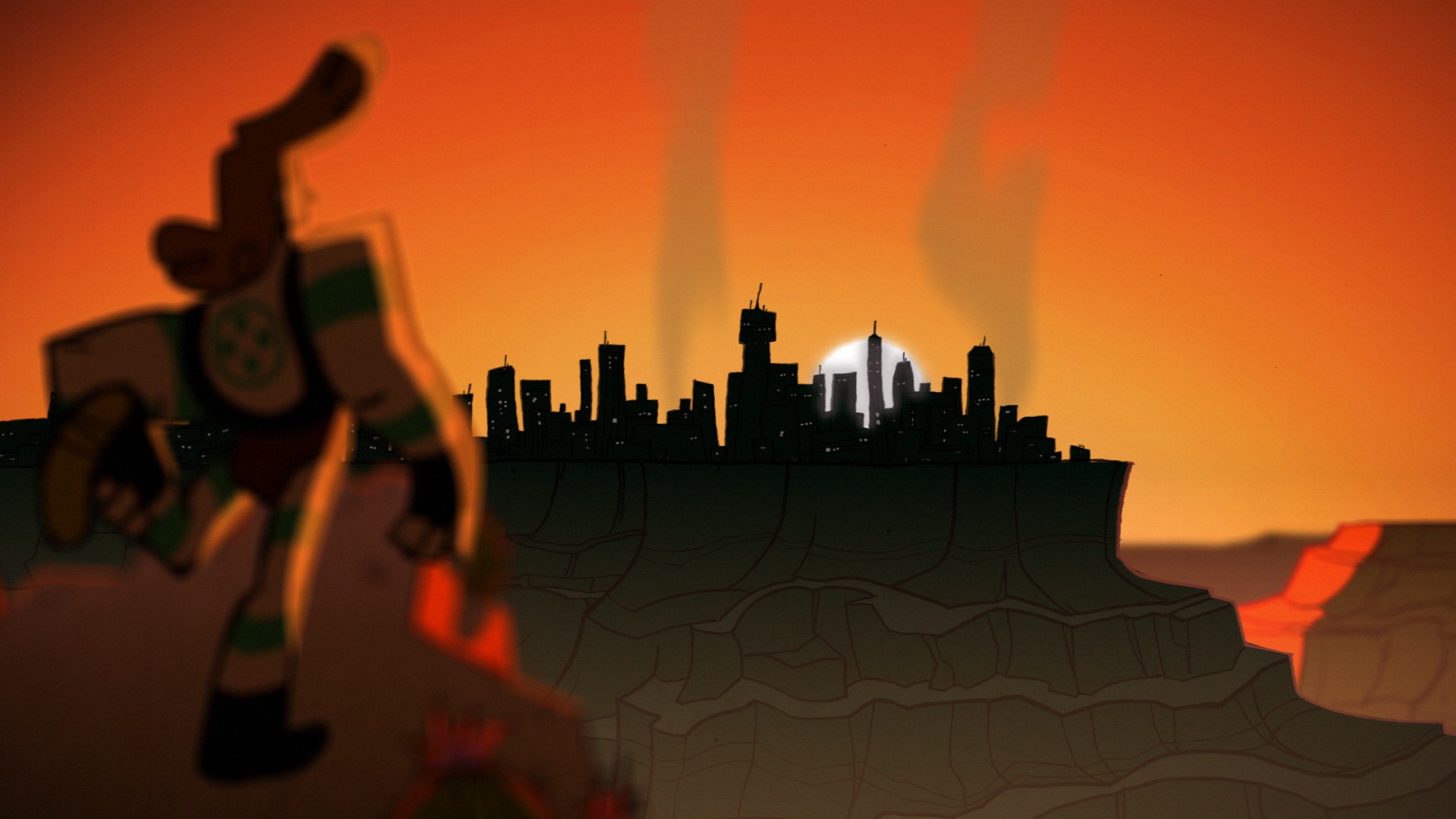
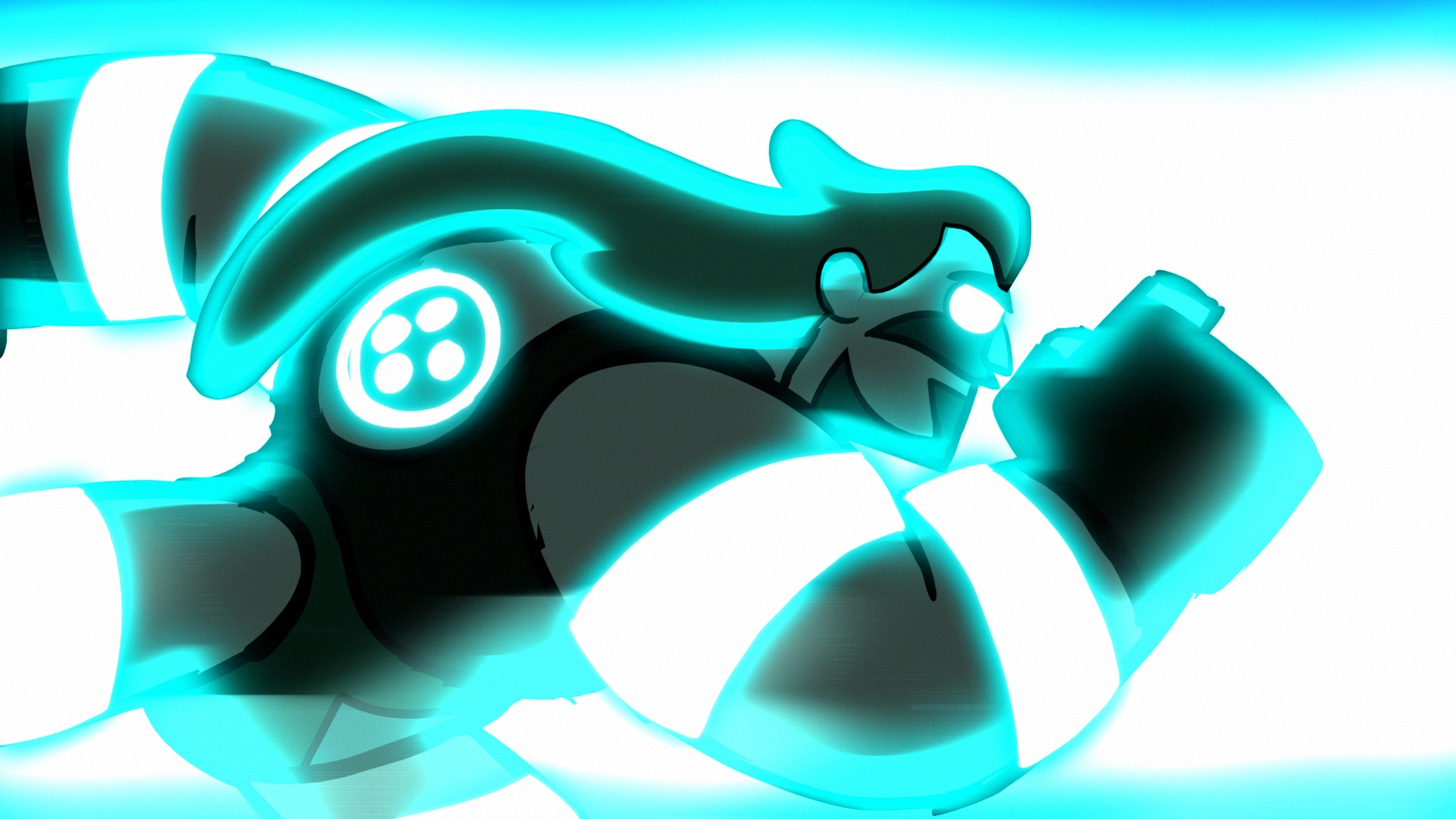
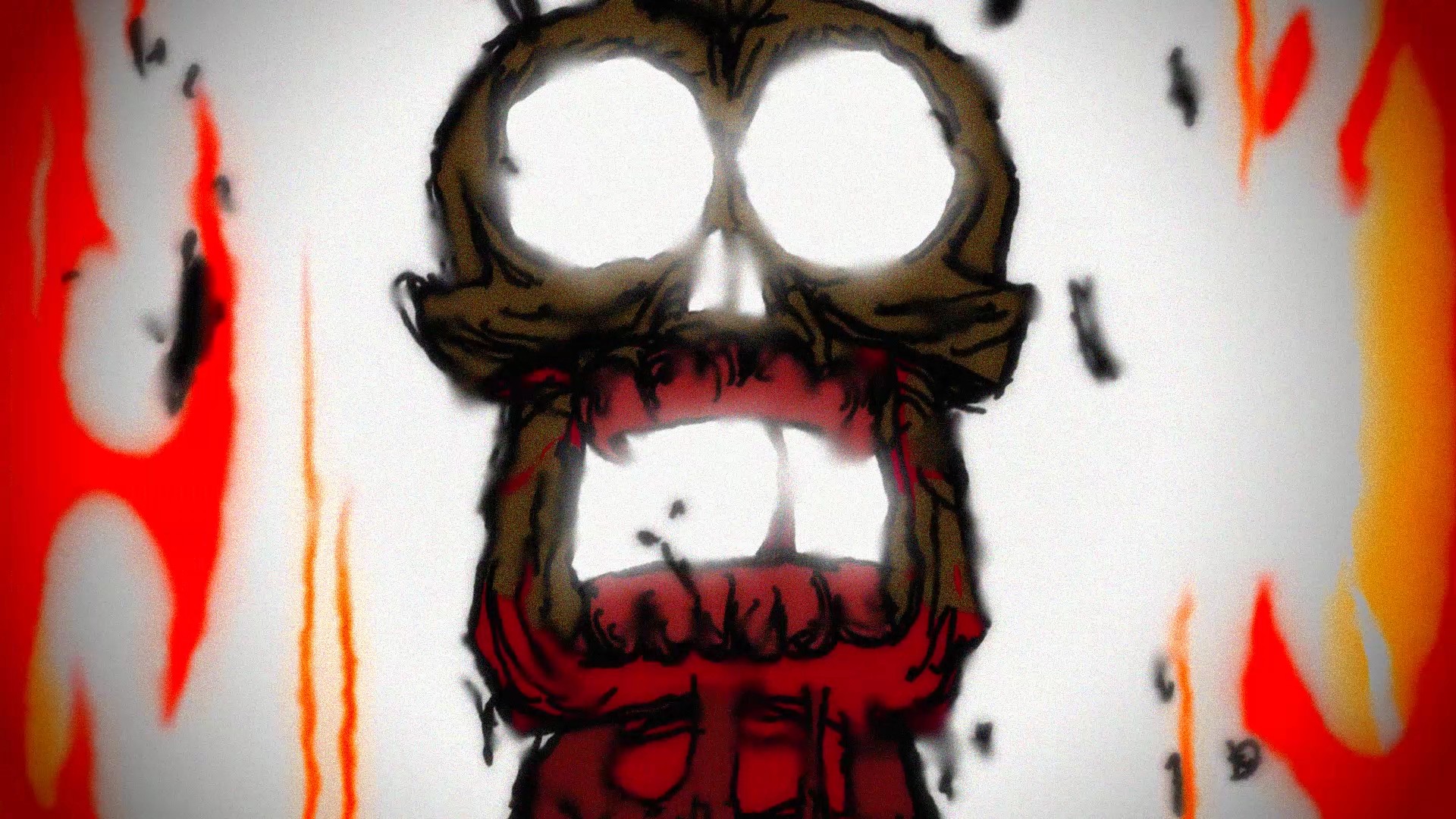
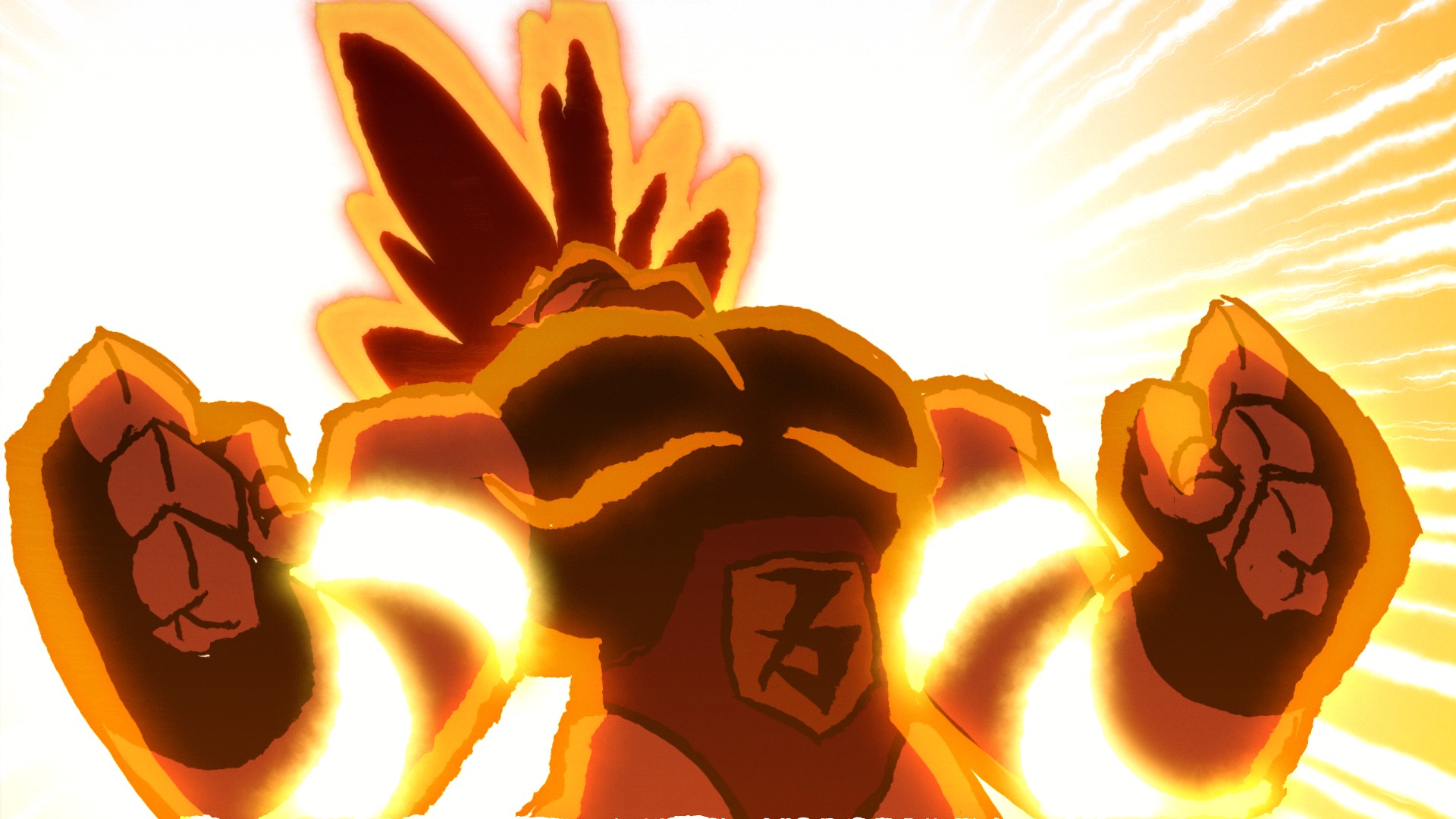
Contact Info:


